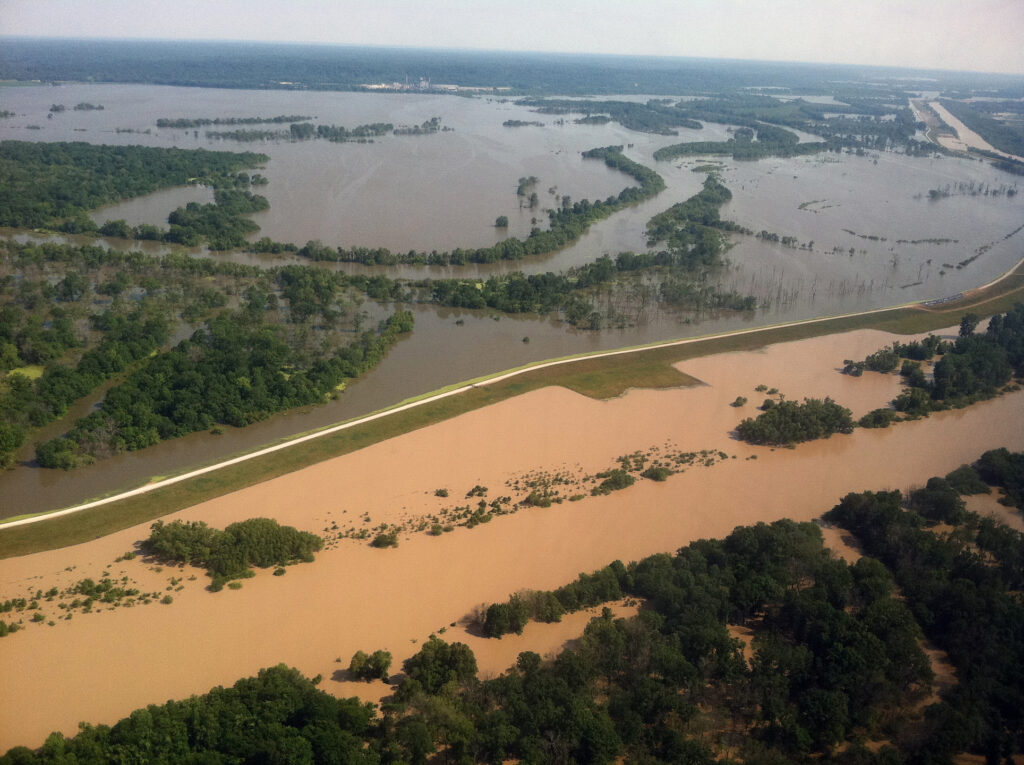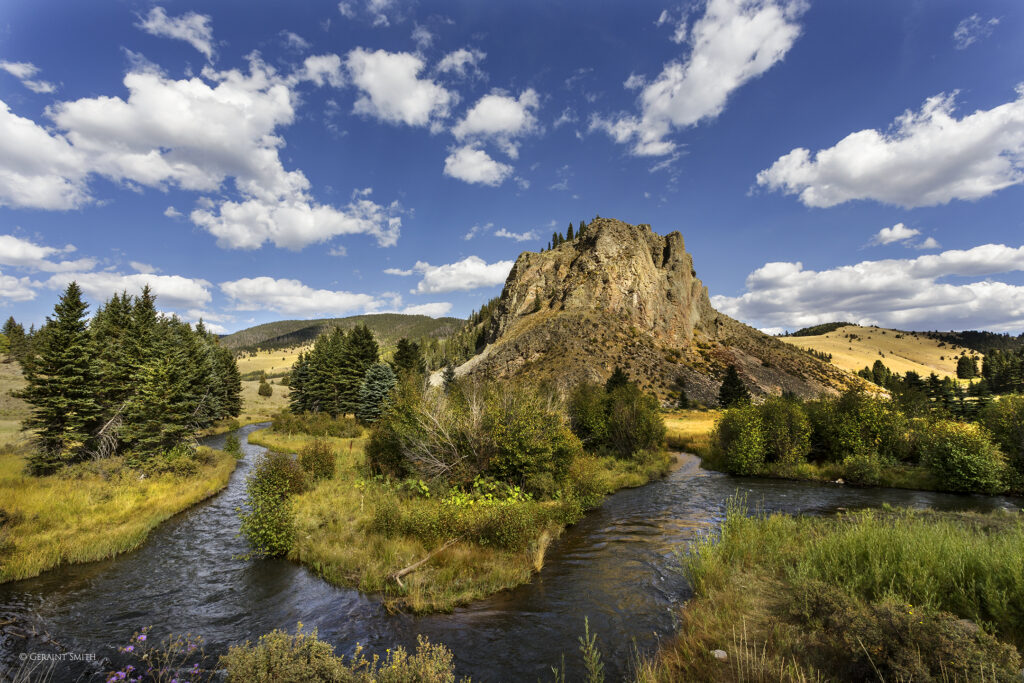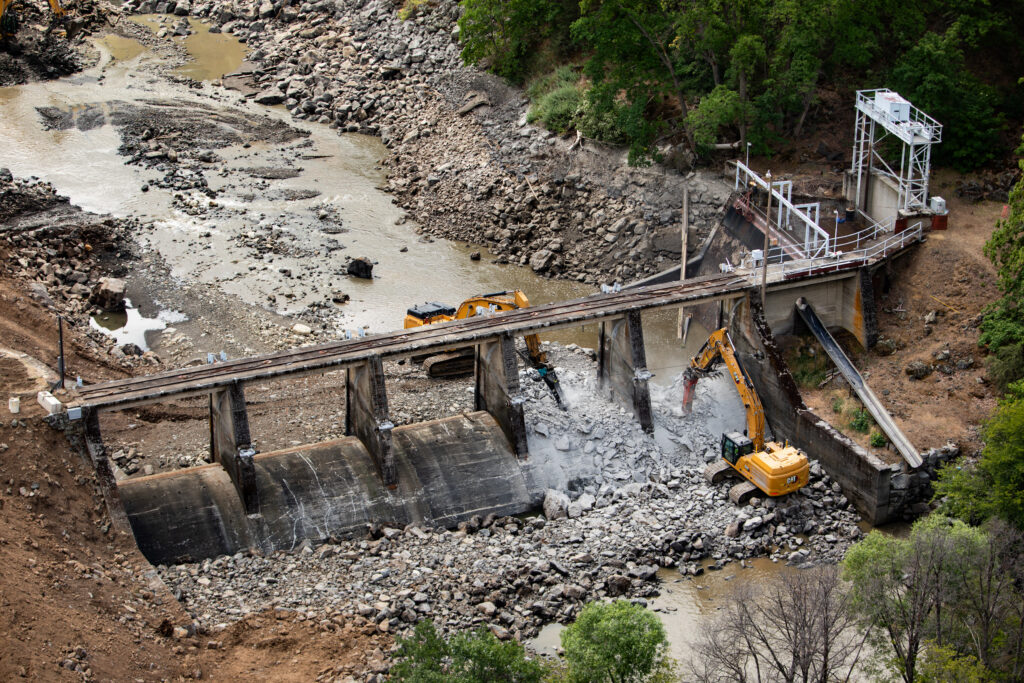Dedicated Recovery Funding is Needed Now for Western North Carolina’s Damaged River Infrastructure
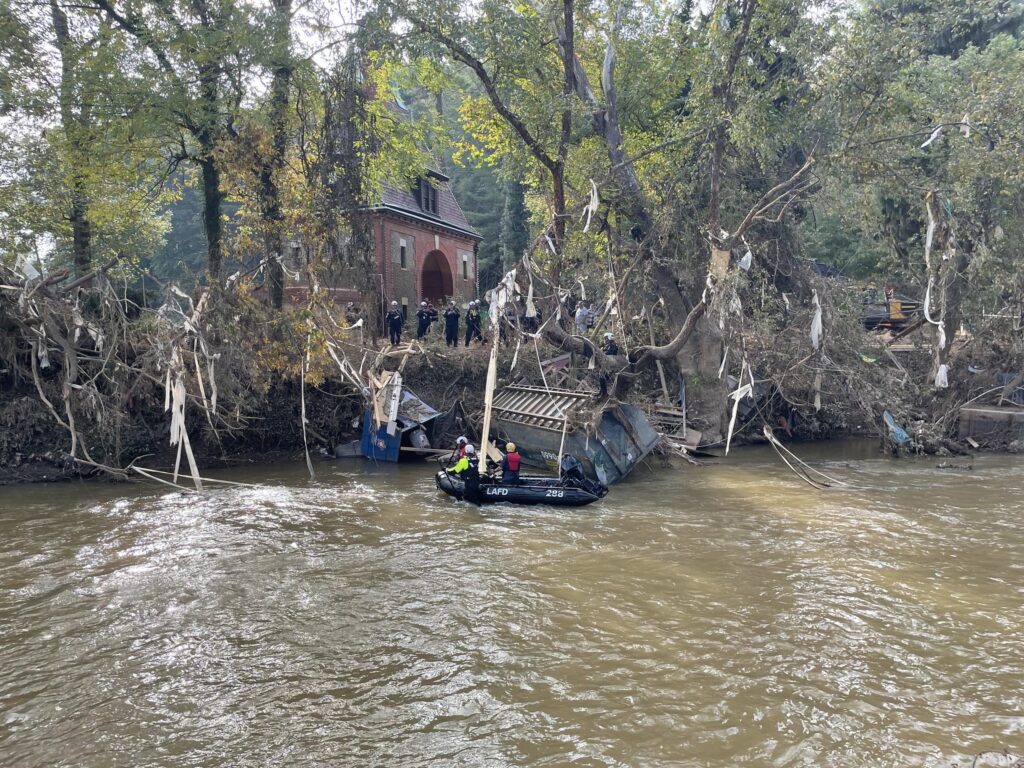
The road to recovery is slow after powerful storms like Hurricane Helene and Milton which left devastating destruction across the southeast. As we reel from the lives lost and the sheer scope of the damage, many of us are now also grappling with the new realities of the climate crisis that played out before us in ways few imagined. U.S. Senators and Representatives from the impacted areas — like Rep. Chuck Edwards and Senator Thom Tillis — have been making the case to their colleagues and Congress can no longer delay a significant investment in the recovery process.
The storms’ most apparent impacts were in the shattered homes, damaged roadways, and the extensive loss of property left behind in the immediate aftermath. While the community impacts have been extensive, the storms left a major mark on our rivers as well – which supply drinking water to hundreds of thousands of people and are the backbone of local economies. The immense volume of water altered the path of the rivers, undermined the safety of many of the 1,500 dams in the region, while pulling in unfathomable amounts of structural debris which if left unattended will pose serious long-term threats to drinking water supplies and all of the people and wildlife who depend on our rivers.
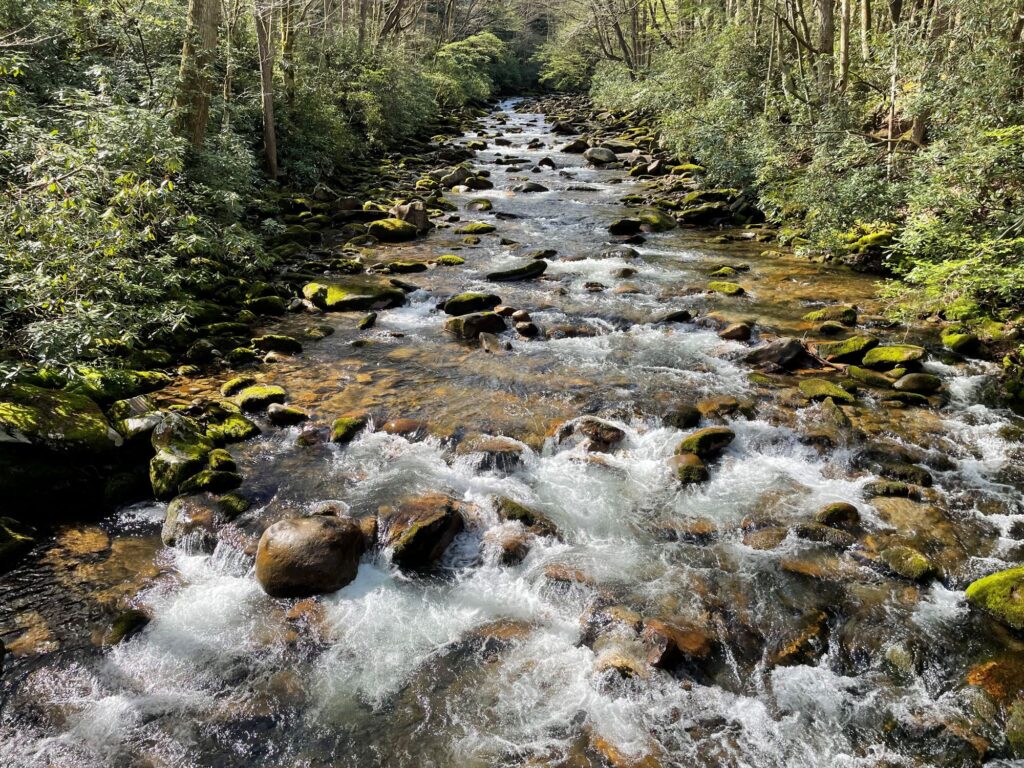
Let's stay in touch!
We’re hard at work in the Southeast for rivers and clean water. Sign up to get the most important news affecting your water and rivers delivered right to your inbox.
Dedicated disaster recovery funding is desperately needed in North Carolina to protect people and restore rivers. With unprecedented hurricane damage ranging from Lake Lure to Asheville and up to Boone, the scope and scale of the debris removal is unprecedented. In many cases, traditional debris removal strategies would be ineffective and environmentally destructive. An investment through AmeriCorps or similar programs within the Department of Labor would create the workforce to address the state’s cleanup needs in an environmentally and economically effective way while also investing in the impacted communities. These activate regional stream debris teams would partner with federal, state, and local agencies to restore rivers like the Green, French Broad, Watauga, and Catawba Rivers in time for spring.
The flood waters took a severe toll on the aging and often unmaintained dams across western North Carolina. Inspections by local, state and federal officials are underway and dozens of dams have been identified as a high threat to public safety. If a major winter storm were to hit the region, it is not likely these compromised dams would be able to withstand the increase in water flows – and the failure of these dams could unleash a deluge that claims more lives and causes more devastation.
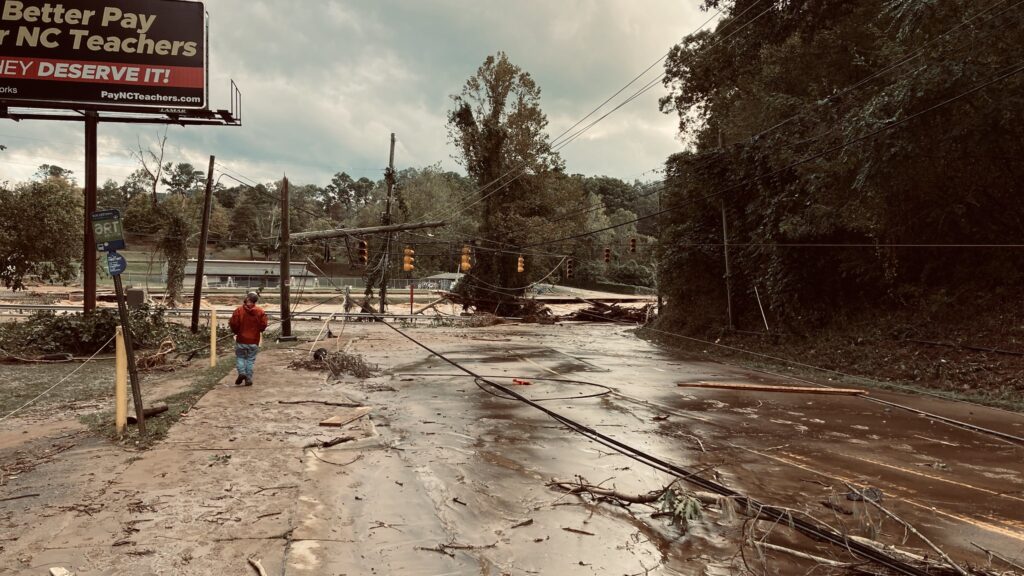
The North Carolina dam safety program needs an influx of resources from Congress to assess dam conditions and remove those that are unsafe and unneeded. Additionally, the U.S. Forest Service manages a significant amount of land in the impacted area and they have not yet had the capacity to assess the status or condition of the numerous dams within the boundaries and affecting the Forest Service lands. Regularly inspected and assessed dams are crucial to keeping people safe. The better data we have, the quicker decisions can be made to save lives.
The North Carolina General Assembly will adjourn in short time without any meaningful investments in the recovery of western North Carolina, leaving the federal government as the only option for relief funding to help our state recover in an ecologically and economically resilient manner.
A coalition of 132 organizations and businesses including public health professionals, community associations, think tanks, land trusts, floodplain managers, conservation districts, waterkeepers, rural voices, farm workers, and more, called on Congress to invest in the restoration of our rivers and communities through the passage of an emergency supplemental appropriations bill before Congress adjourns. This legislation must include enhanced public safety, restoration, and infrastructure to help our communities rebuild.
The opportunity to invest in restoring our storm-damaged rivers and in removing failing infrastructure cannot be missed.

